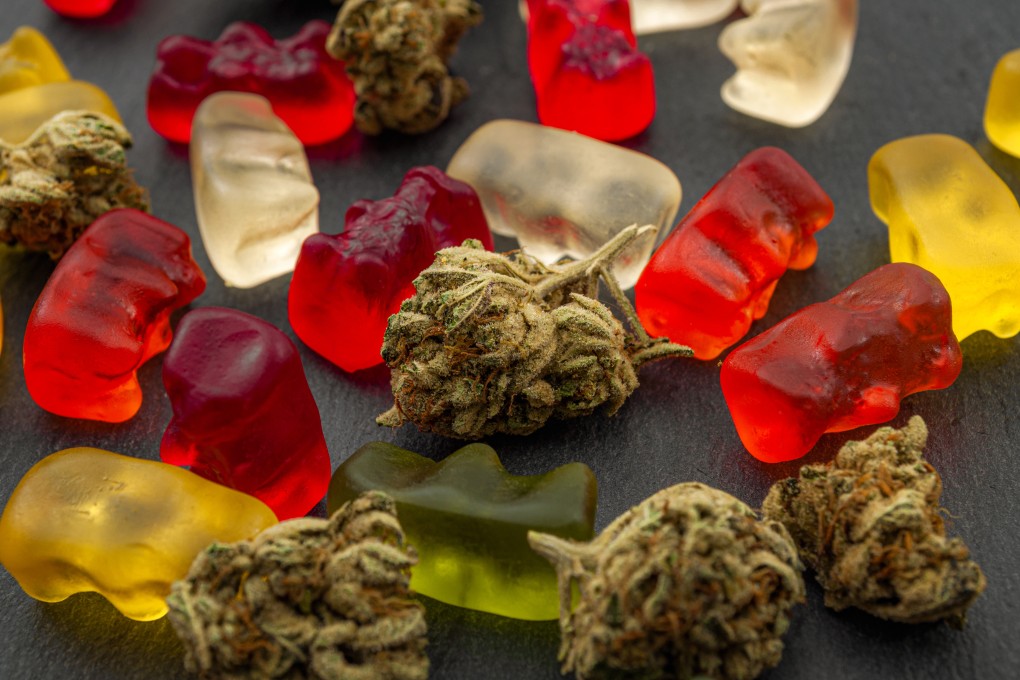Explainer | Despite Hong Kong ban, what are the dangers of CBD sweets for children? Here are the side-effects, medicinal value and risks
- Two young girls received hospital treatment this week after a relative allegedly gave them sweets containing a prohibited substance by accident
- Doctor says pure cannabidiol (CBD) may have medicinal value for some children, but warns over long-term effects and risks of tetrahydrocannabinol (THC) contamination

Two young girls were rushed to a hospital in Hong Kong earlier this week after a relative allegedly fed them sweets containing prohibited cannabidiol (CBD) by accident.
The mother of the girls, aged two and four, alerted police after visiting them in hospital, which eventually led to the force charging the pair’s father with child neglect and drug possession.
The case has put the spotlight back on CBD after a recent citywide ban. The substance is one of more than 100 chemical compounds found in the marijuana plant and its close relative, hemp. It is also possible to derive CBD from other non-cannabis botanicals.
Despite the World Health Organization indicating the substance lacks potential to be abused or cause harm in its pure state, bans for products related to it have persisted in some places.
The Post looks at the effects of CBD products on children and how regulators have dealt with it in other parts of the world.
Are sweets containing CBD legal in Hong Kong?
So-called CBD gummies, like all products linked to the substance, are illegal in Hong Kong.